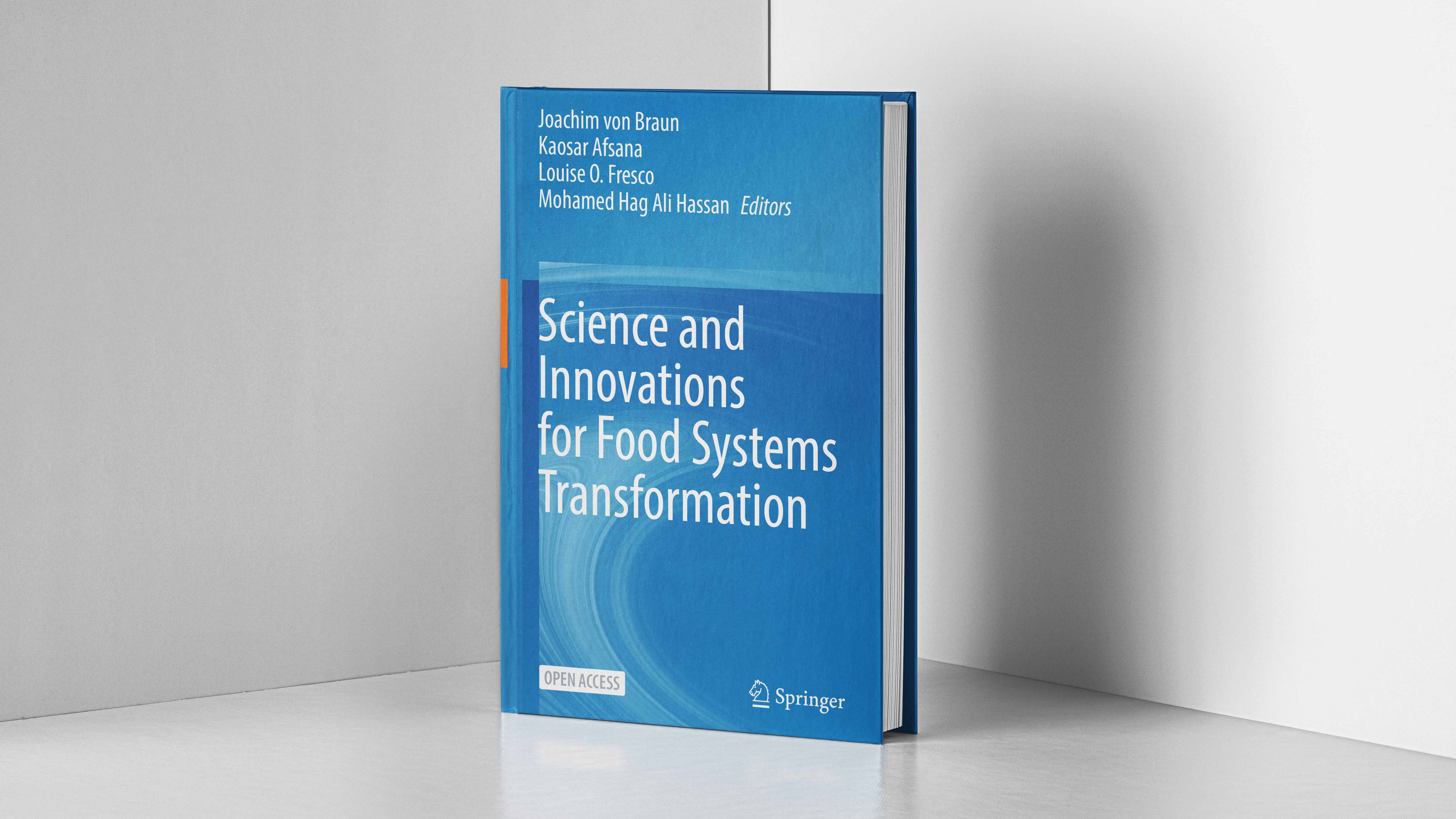SEED FUNDING JOINT PROGRAMMES
Rwanda
Resilient Food Systems: Enhanced Value Chain and Post Harvest Management





PROJECT TITLE | Resilient Food Systems: Enhanced Value Chain and Post Harvest Management |
| Context | Food systems transformation is embedded in several national policies in Rwanda, including the National Transformation Strategy, the Strategic Plan for Agriculture Transformation, the National Environment and Climate Change Policy. In 2021, Rwanda developed its National Pathway, which highlights four priority areas for the country towards 2030: ensuring food security and nutrition for all, while increasing demand for healthy diets; enhancing the environmental sustainability of food systems; improving livelihoods for farmers and all workers in food systems while building resilience to shocks; promoting inclusion of women and youth in food systems, including through enhanced financial opportunities. |
| PUNOs | FAO, WFP, IFAD |
| Contribution to SDGs | SDG 1 No Poverty; SDG 2 Zero Hunger; SDG 8 Decent Work and Economic Growth; SDG 13 Climate Action |
| Contribution to other SDG transitions | Decent Jobs and Universal Social Protection; Energy Access and Affordability |
| Duration | July 2024 – June 2025 |
| Expected financial leverage | $ 3,070,000 |
| Alignment with SG Call to Action | Policy integration; Food systems governance; Research, data, technology and innovation; Inclusive and participatory design; Private sector engagement |
| Outcomes | The JP leverages on improved post-harvest management as a strategic approach to simultaneously reduce food loss, improve incomes, and boost food availability. The JP promotes the economic integration of youth-led MSMEs and builds linkages with partners and initiatives focused on nutrition and food security to connect the dots between food production, processing and consumption. |
| Partners |
|
| Outputs |
|
Over a million views of the open-access book: Science and Innovations for Food Systems Transformation

The open-access book, Science and Innovations for Food Systems Transformations, focuses on the just, equitable, and sustainable transformation of food systems within the context of the UN Food Systems Summit (UNFSS) and UNFSS + 2. The volume has resonated widely, with over one million clicks since its publication.
The volume significantly contributes to the goals of the Scientific Group for the UNFSS 2021 by providing robust and independent scientific evidence to support the ongoing dialogue on food systems policy and investment decisions. It is valuable for the work of the Scientific Advisory Committee (SAC) to the Hub.
The volume has also become an internationally appreciated teaching material and a critical resource for dialogues at national and regional levels on innovative approaches to achieving sustainable and resilient food systems.
Download: Science and Innovations for Food Systems Transformation | SpringerLink
